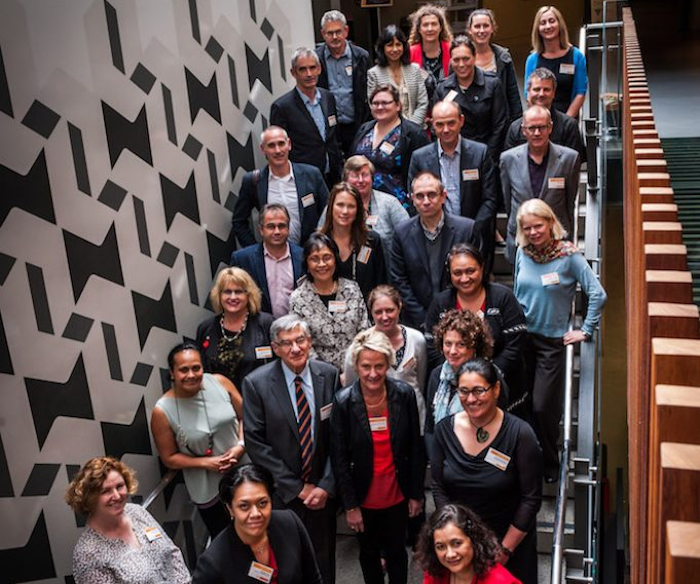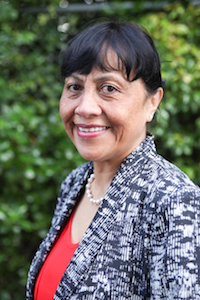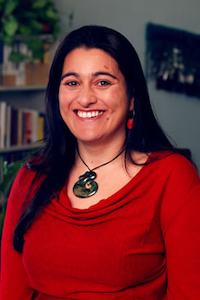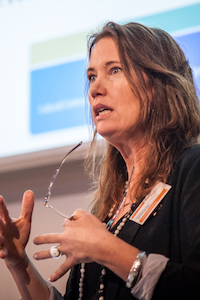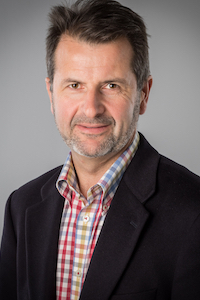Healthier Lives researchers shine
16 June 2017
A number of Healthier Lives team members and colleagues have had the strength of their research acknowledged with success in the latest Health Research Council of New Zealand funding round. We congratulate them all!
We commend their research excellence and look forward to the benefits their work will bring towards achieving healthier lives for all New Zealanders.
Some grant recipients include:
2017 HRC programme grant
Professor Parry Guilford (Healthier Lives Deputy Director)
University of Otago
Reducing the burden of gastric cancer in New Zealand
$4,971,155
60 months
Gastric (stomach) cancer is the second greatest cause of cancer death worldwide. In New Zealand, it is remarkable for its incidence in Māori and Pacific people being three fold greater than in non-Māori. It is clear that a significant proportion of the gastric cancer burden in New Zealand could be avoided by an improved understanding of environmental and genetic risk factors, better diagnostic methods, more accurately targeted treatments and improvements in health delivery mechanisms. These gains will have particularly benefit for our highest risk populations, thereby reducing health inequalities. In this research, our goal is to reduce the burden of gastric cancer in vulnerable New Zealand populations through a series of linked, multidisciplinary projects.
Parry is also a named investigator in Professor Allan Herbison’s HRC project grant:
Professor Allan Herbison, University of Otago, Dunedin
GnRH neuron control of ovulation
36 months
$1,167,633
Professor Jim Mann, Healthier Lives Director, is also a named investigator in Professor Leigh Hale’s HRC project grant:
Professor Leigh Hale, University of Otago, Dunedin
Community exercise for long-term management of diabetes and multimorbidity
36 months
$1,181,772
2017 HRC Pacific project grant
Dr Ofa Dewes (Healthier Lives Science Leadership Team)
University of Auckland
Differences in fructose uptake in Pacific adolescents
$599,987
36 months
Excessive sugar consumption is a major factor contributing to the development of metabolic diseases. Strategies to reduce the impact of sugar on our society have not been successful uniformly so new approaches are needed because, if left unchecked, will continue to impose a significant burden on the health system especially in the context of a youthful Pacific population. Current approaches do not take into account the biological differences between individuals in the way they respond to sugar. Inter-individual differences in fructose uptake from the gut will identify those most at-risk of the deleterious effects of sugar. Targeting high fructose absorbers will provide a more efficient way of preventing progression to metabolic diseases. We will measure fructose uptake in high school students to identify high fructose absorbers and understand how this links to obesity and its consequences so that targeted intervention strategies may focus on the highest fructose absorbers.
2017 HRC project grants
Dr Amohia Boulton (He Oranga Hauora Kāhui Māori )
Whakauae Research Services Limited
D3: Data, decision-making and development: Using data to improve health outcomes
$1,199,996
36 months
Routinely collected health data has been successfully used to describe ‘the problem’ of persisting inequalities and to inform potential ‘solutions’. However, increasing attention is now being paid to data utility and relevance. Using a kaupapa Māori approach, this three-year study will to explore how routinely collected Māori specific health data, gathered at the DHB level and reported by the Ministry of Health, can be optimally used by Māori leaders and DHB leaders and decision-makers, to stimulate improvements in health outcomes for Māori. Three case study DHBs will participate in the study conducted over three phases: an examination of current data utilisation practices; understanding facilitators and barriers to using data in health services planning; and in the translation phase, communicating successful strategies to the wider sector. The study will highlight the processes; resources; skills; and time needed to transform DHB level data into decisions and actions that improve hauora Māori.
Professor Catherine Day (Healthier Lives Science Leadership Team)
University of Otago, Dunedin
Integration of inflammatory signalling by TNF receptor associated factors
$1,185,038
36 months
Initiation and resolution of inflammation is essential for cellular homeostasis, and aberrations are associated with a range of diseases. Regulation of inflammation relies on signals transmitted from receptors on the surface of cells to the nucleus. Often, several cell surface receptors act in combination to elicit a particular inflammatory response. TNF receptor associated factors (TRAFs) are a key family of proteins that recognise many different activated receptors, and translate their signals into an appropriate response. Improper TRAF signalling is implicated in cancer, chronic inflammatory disorders and immune deficiency. The proposed project will investigate precisely how TRAF proteins function in combination with each other to reliably integrate inflammatory signals. This work will provide fundamental knowledge about the mechanisms of inflammatory signalling, identify possible molecular targets for cancer and chronic inflammation, and explain how existing therapies that target immune receptors control downstream signalling pathways might be used for maximum benefit.
Dr Nina Scott (Healthier Lives Principal Investigator Te Kohao Community Project)
Waikato District Health Board
Does a Whānau Ora approach improve outcomes for hosptialised tamariki?
$933,933
36 months
We like to think that hospital staff will ensure their patients can stay well. Unfortunately staff do not have the right tools, and half of hospitalised tamariki Māori aged 0-4 are readmitted within months of going home. This led us to develop the Harti Hauora Tamariki tool, which we modeled on a whānau ora approach.
The tool is a set of health screening questions. It was gifted the name Harti Hauora Tamariki and piloted in 2015. Resources were developed by a Māori artist and the tool is still in use at Waikato Hospital. A review found that use of the tool increased screening documentation dramatically, (from almost zero for many measures). Using Māori health research processes, we will show the effect of follow up actions from Harti Hauora Tamariki screening and effects on child health outcomes, including readmission rates and whānau satisfaction with care.
2017 HRC feasibility study grant
Earlier this year an HRC feasibility study grant was also awarded to a Healthier Lives member.
Associate Professor Jeremy Krebs (Healthier Lives Science Leadership Team)
University of Otago, Wellington
Preventing progression from pre-diabetes to type 2 diabetes in New Zealanders
$248,242
12 months
Why do Pacific, NZ Māori and South Asian peoples have similarly high rates of obesity and Type 2 diabetes (T2DM)—significantly higher than European New Zealanders—despite having very different body composition? Weight loss through diet and increasing lean mass through resistance training both improve glucose metabolism, but it is unknown whether people with different lean:fat (L:F) mass ratios respond in the same way to these interventions.
This research aims to explore whether there are fundamental physiological differences between people with different L:F mass ratios at high risk of T2DM and whether they respond differently to interventions proven to reduce T2DM which specifically target either weight loss or increasing lean mass. We propose a feasibility study to identify recruitment strategies and barriers to recruitment for the main study; assess the tolerability of baseline investigations, and assess the tolerability and barriers to completion of the proposed dietary and exercise.
Sign up to our Newsletter
"*" indicates required fields
